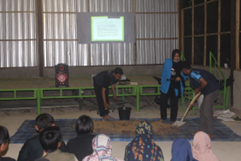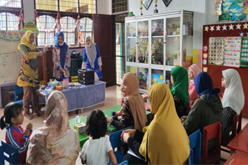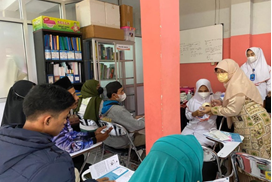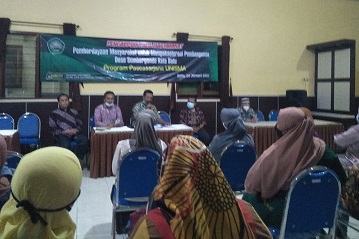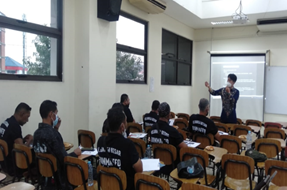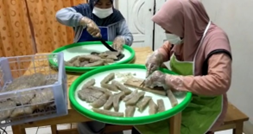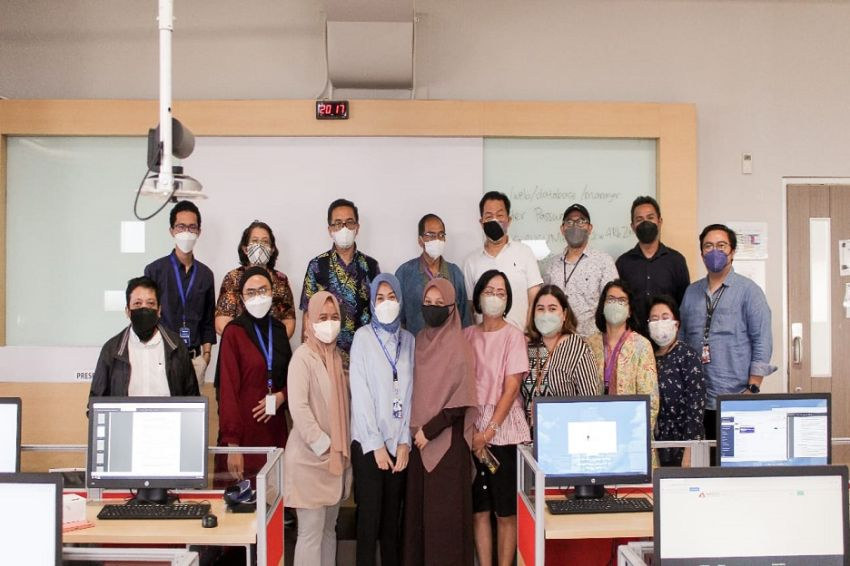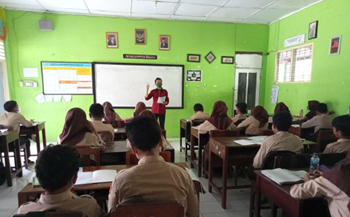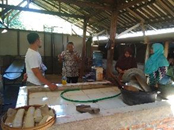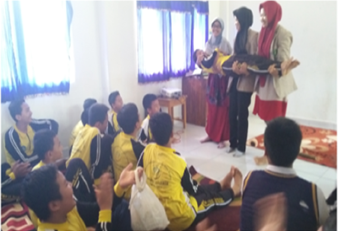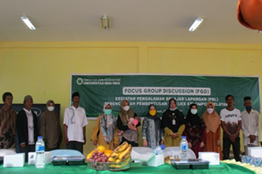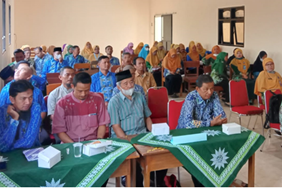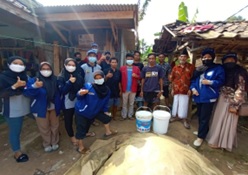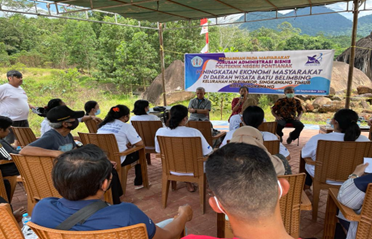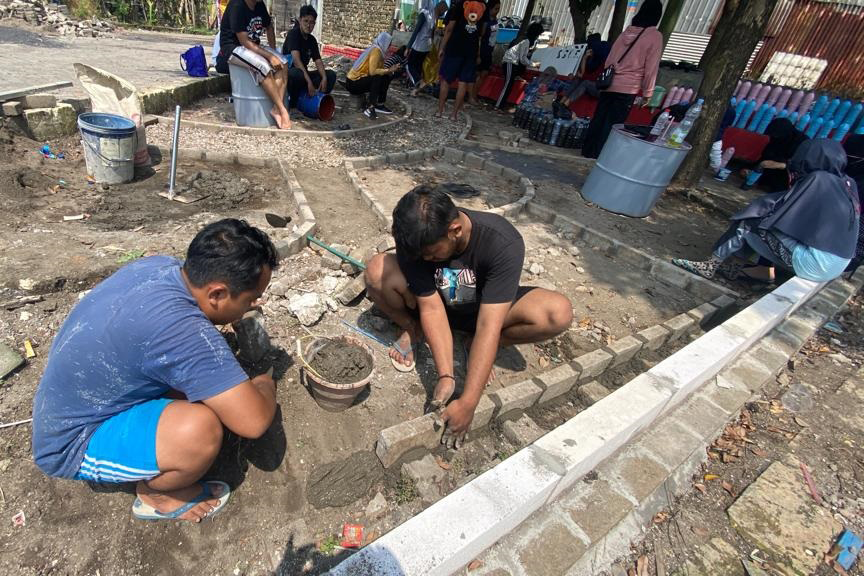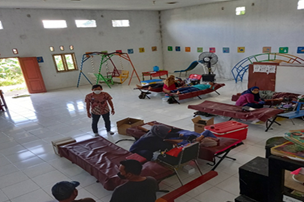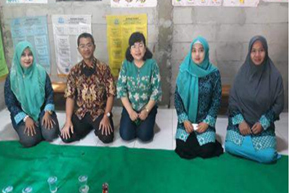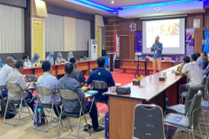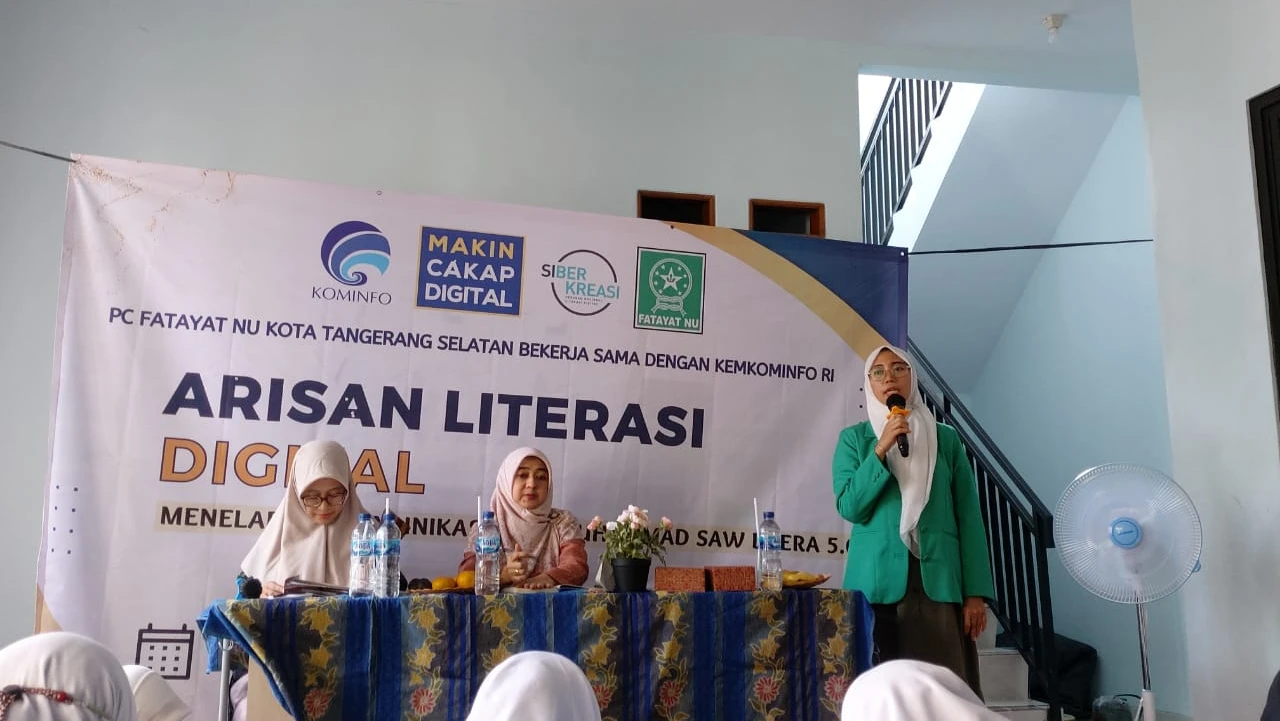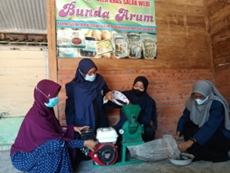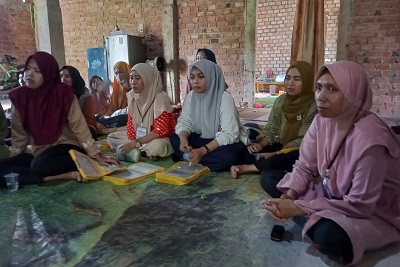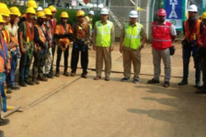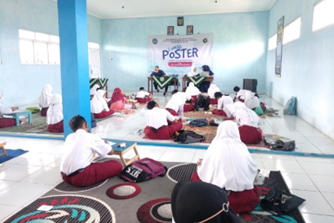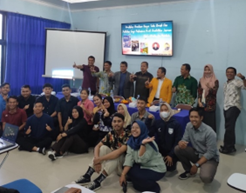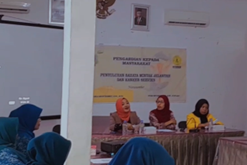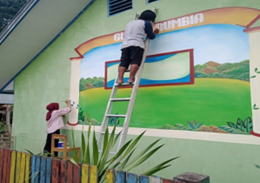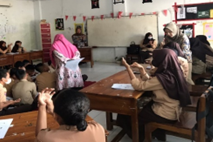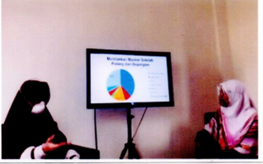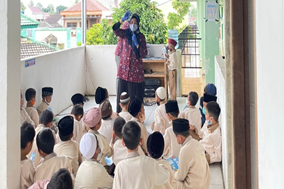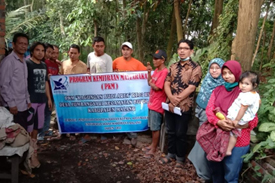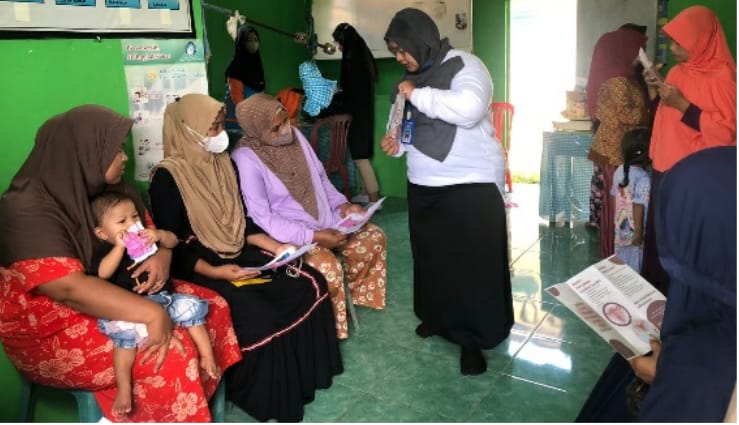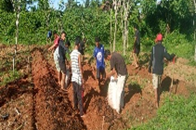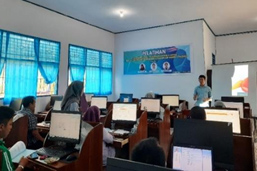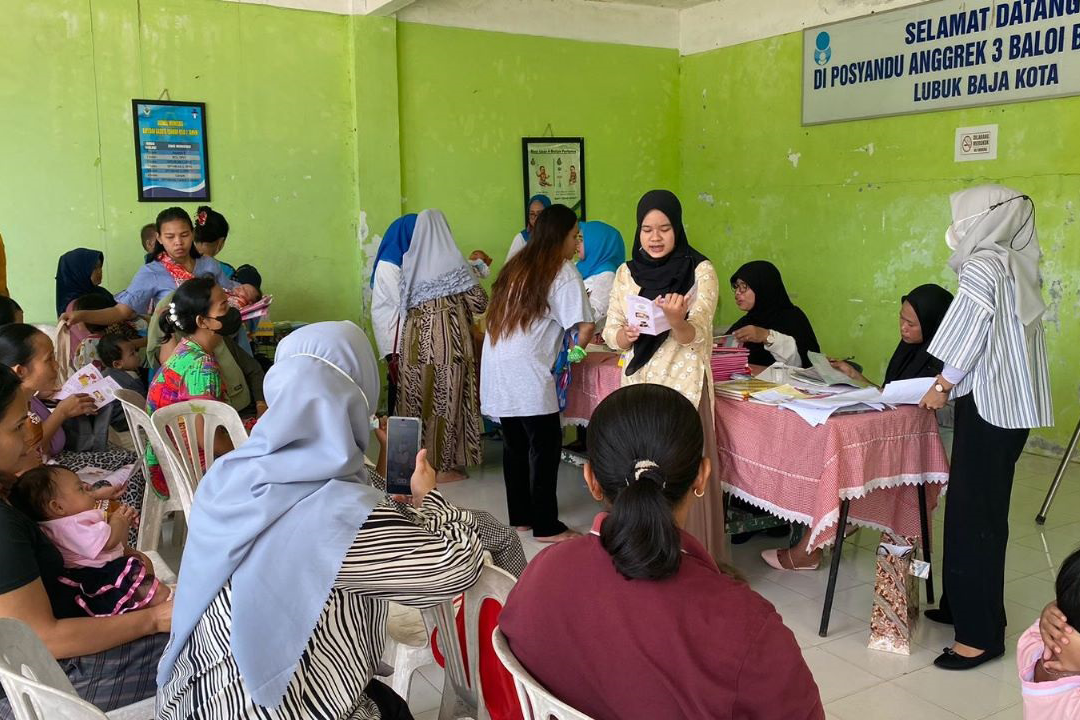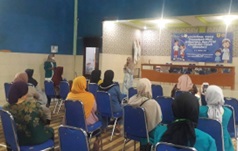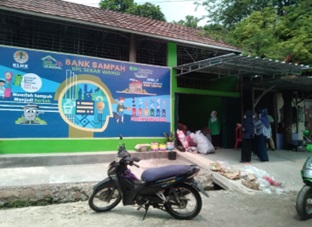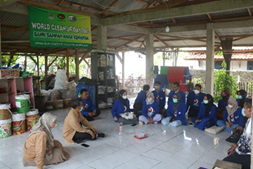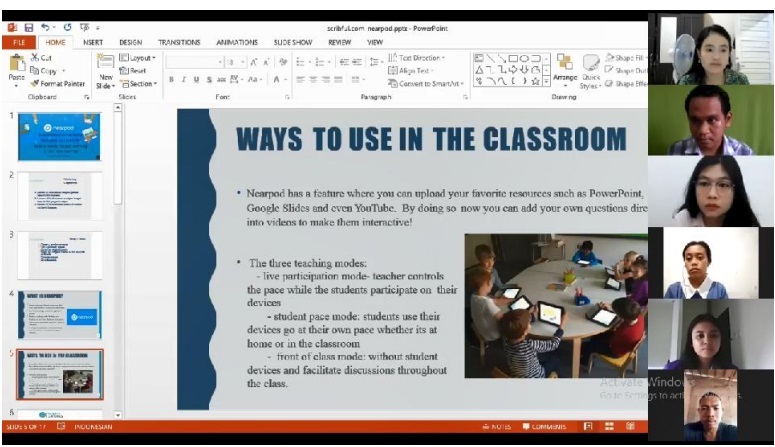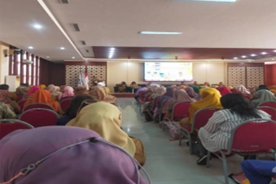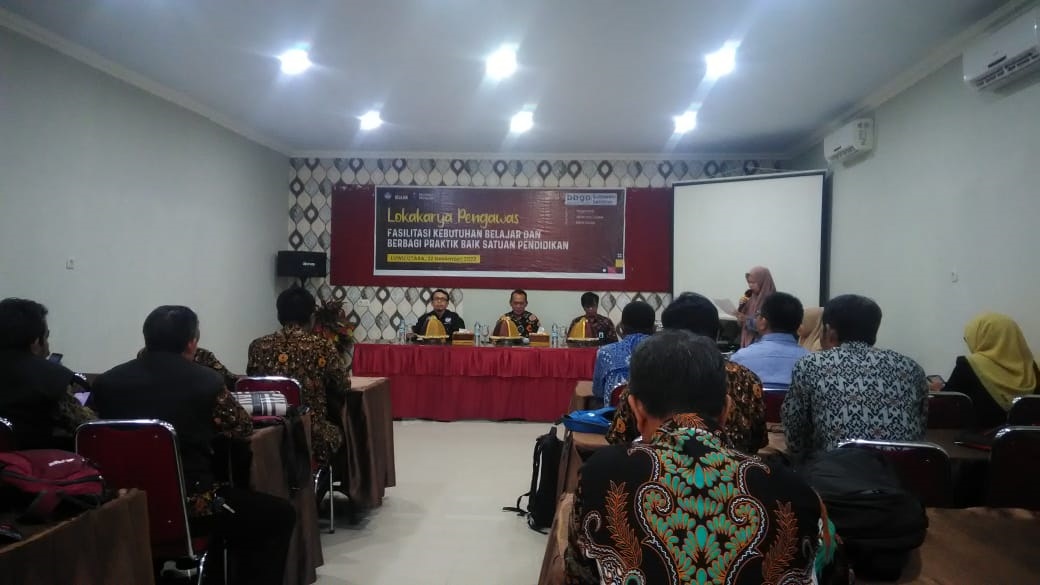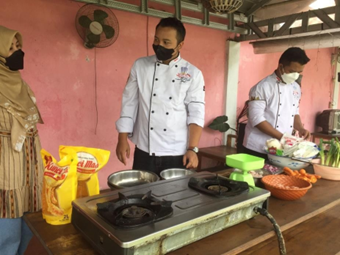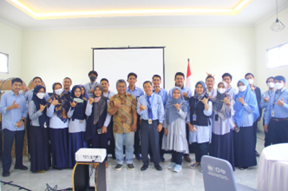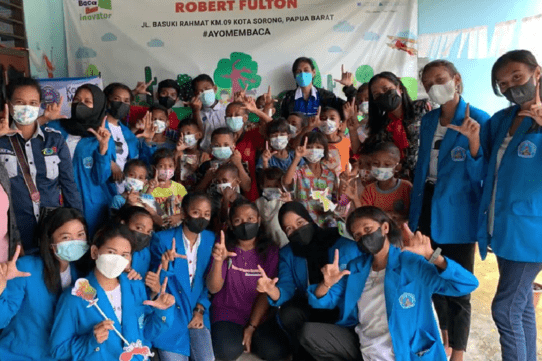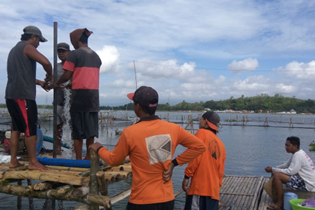PENINGKATAN PENDIDIKAN DAN PENGELOLAAN LINGKUNGAN HIDUP MELALUI GERAKAN PEDULI DAN BERBUDAYA LINGKUNGAN HIDUP DI SEKOLAH
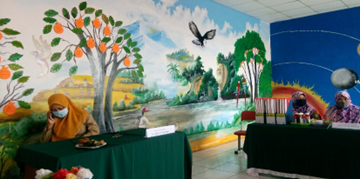
Downloads
Environmental Education is an effort to increase the knowledge, skills, attitudes, and actions of caring individuals, communities, organizations and various parties towards environmental problems for sustainable development for present and future generations. The Movement for Environmental Care and Culture in Schools, hereinafter referred to as the PBLHS Movement, is a conscious, voluntary, networked, and sustainable collective action carried out by schools in implementing environmentally friendly behavior. Adiwiyata is an award given by the Government, provincial government, and district/city government to schools that have successfully implemented the PBLHS Movement. Whereas based on the provisions of Article 28H paragraph (1) of the 1945 Constitution of the Republic of Indonesia, it is affirmed that the right of the community to a good and healthy living environment, which is followed up by its implementation in Law Number 32 of 2009 concerning Environmental Protection and Management, including through environmental management measures, supervision and law enforcement, as well as public education or environmental education for the community. That for the implementation of environmental education as intended, it is necessary to carry out a movement for environmental care and culture in schools. The importance of cooperation between OPD (Regional Apparatus Organizations) in carrying out a program, whether it is a Central or Regional program. Basically, everything can't work independently. All require cooperation and understanding so that the goal will be achieved. This paper challenges the theory of economic capital. It is not enough just to have economic capital to improve environmental cleanliness in schools, but social capital is needed. As in the Eastern region, namely in the Greater Tangerang Area, where the people are more modern and the Regional Head is more concerned and committed. Through Perwal (mayor's regulation) schools are required to participate in the Adiwiyata program and there are separate sanctions if they do not participate in the Adiwiyata program. Sanctions can be in the form of the Principal being shifted or replaced. With the power of the Mayor/Regent's policy, everything becomes “CAN”. When forced, everything becomes "CAN".
Adriansyah, M. A., Sofia, L., & Rifayanti, R. (2016). Pengaruh pelatihan pendidikan lingkungan hidup terhadap sikap peduli anak akan kelestarian lingkungan. Psikostudia: Jurnal Psikologi, 5(2), 86-106.
Ahmadi, R., Surbakti, A., & Jalmo, T. (2018). Hubungan pengetahuan lingkungan hidup dengan sikap peduli lingkungan hidup. Jurnal Bioterdidik: Wahana Ekspresi Ilmiah, 6(2).
Aini, N., Sumarmi, S., Putra, A. K., & Handoyo, B. (2022). Gerakan peduli dan berbudaya lingkungan hidup SMA Negeri 8 Malang. Jurnal Integrasi dan Harmoni Inovatif Ilmu-Ilmu Sosial (JIHI3S), 2(10), 1014-1021.
Ardanita, B. A., Utaya, S., & Ruja, I. N. (2017, May). Membentuk Karakter Peduli Lingkungan melalui Komunitas Pelajar Peduli Lingkungan Hidup (KPPLH). In Seminar Nasional Teknologi Pembelajaran dan Pendidikan Dasar 2017 (pp. 969-974).
Rezkita, S., & Wardani, K. (2018). Pengintegrasian pendidikan lingkungan hidup membentuk karakter peduli lingkungan di sekolah dasar. TRIHAYU: Jurnal Pendidikan ke-SD-an, 4(2).
Tresnawati, A. (2020, March). Gerakan peduli dan berbudaya lingkungan hidup di sekolah. In Prosiding Seminar Nasional Pendidikan Biologi.
Copyright (c) 2022 Luis Fiska Rahayu

This work is licensed under a Creative Commons Attribution-NonCommercial-ShareAlike 4.0 International License.



